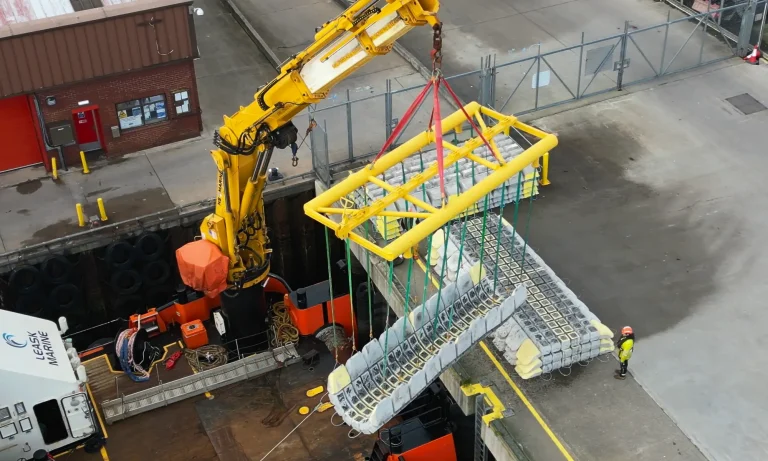Wild Oyster Project | Reef cubes® Restore Native Reefs
Wild Oyster Project
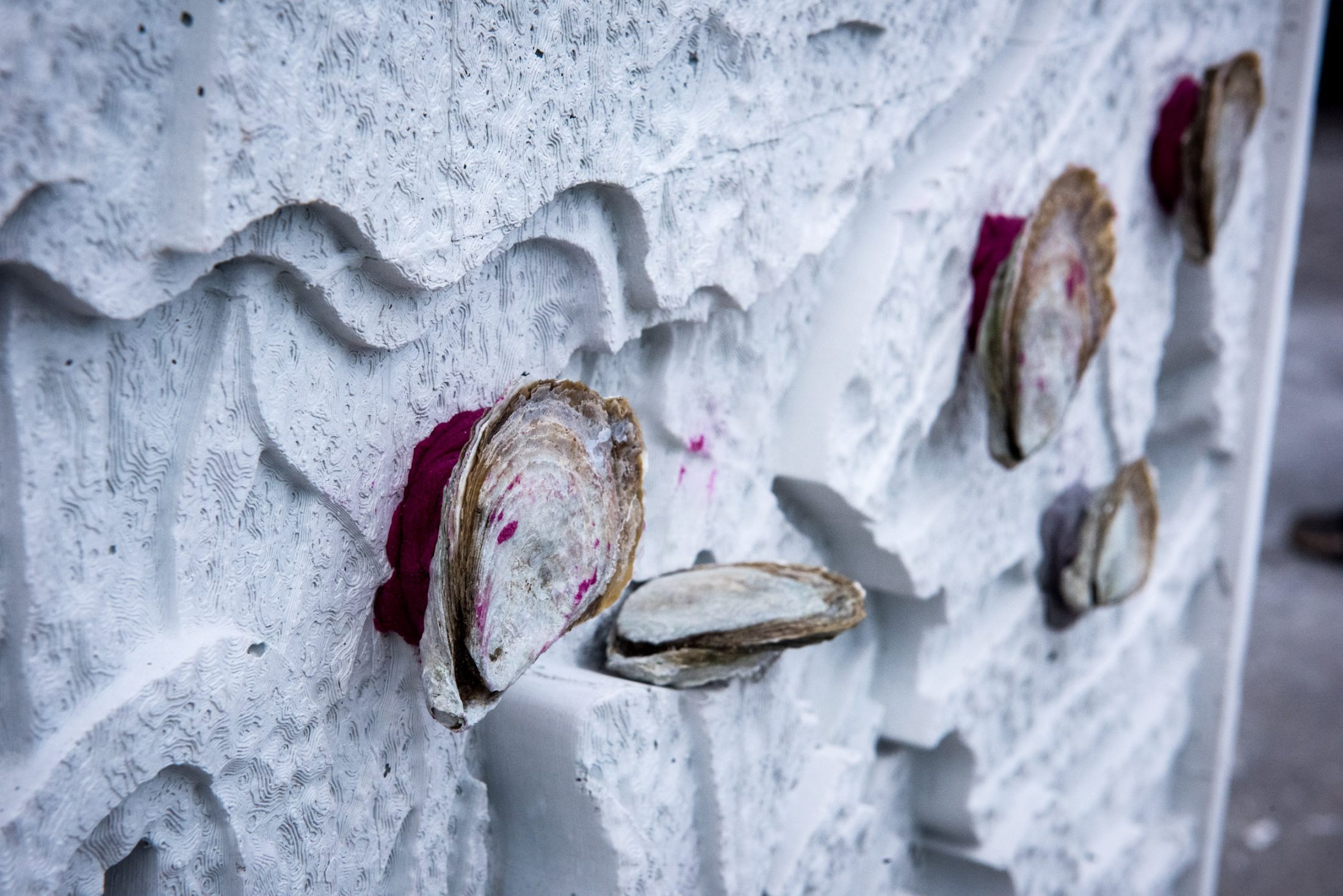
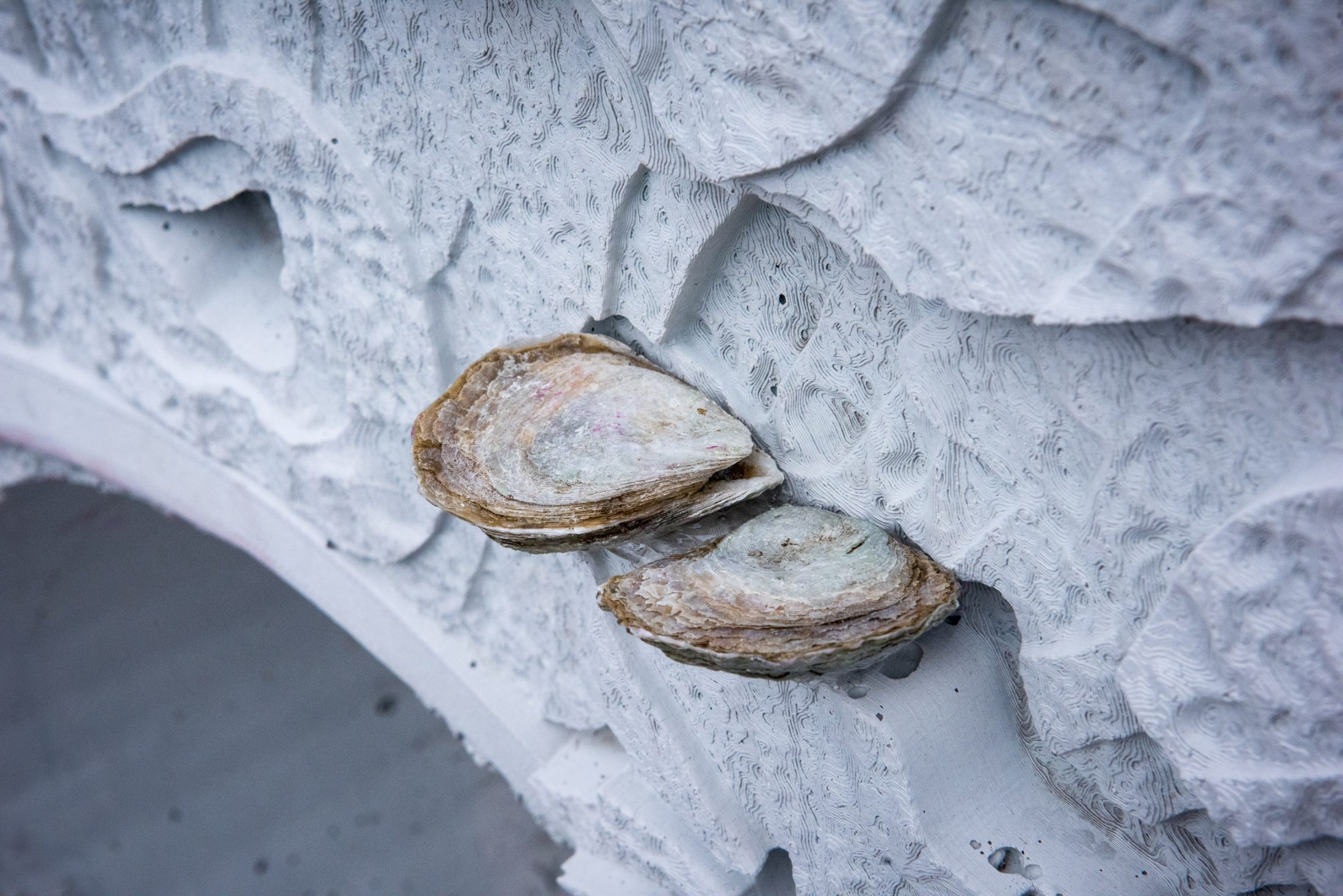
Challenge
Native oyster reefs once covered an area the size of Ireland, but centuries of over-harvesting, pollution and habitat loss have left this vital ecosystem on the brink of collapse. Around 95% of the UK’s native oyster beds have been destroyed, leading to a loss of biodiversity, poorer water quality and diminished natural resilience along our coasts.
While restoration efforts have been successful in sheltered estuaries, conditions along England’s exposed North Sea coastline pose unique challenges. Strong currents, shifting sediments and winter storms make it difficult for loose shell material and juvenile oysters to remain anchored long enough to establish stable reefs.
In 2023, an earlier restoration phase saw thousands of oysters and hundreds of tonnes of shell cultch dispersed by severe weather, highlighting the need for a more resilient foundation. The challenge was clear: to design a structure capable of withstanding open-coast conditions while providing the complex surfaces oysters need to settle, grow and thrive.
To achieve lasting recovery, any solution had to combine ecological sensitivity with engineering strength, creating a reef system that could not only survive the elements but also support life for decades to come.
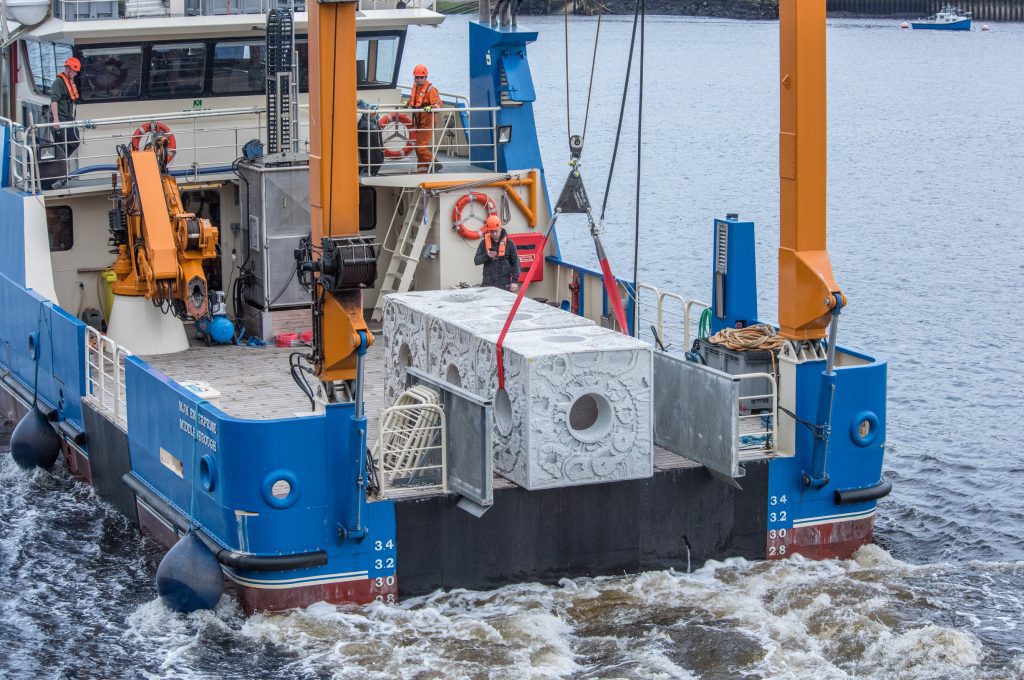
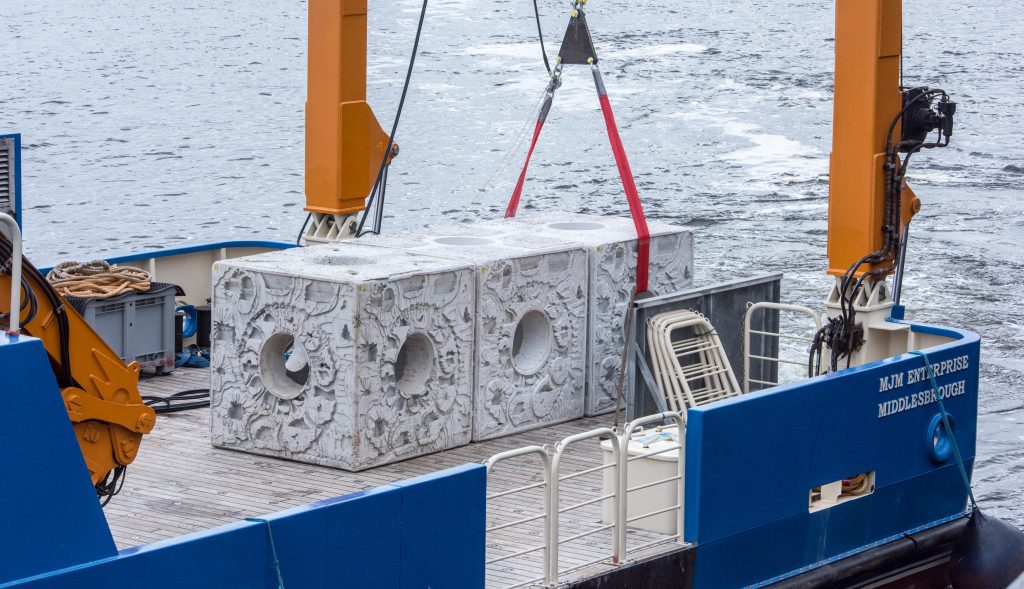
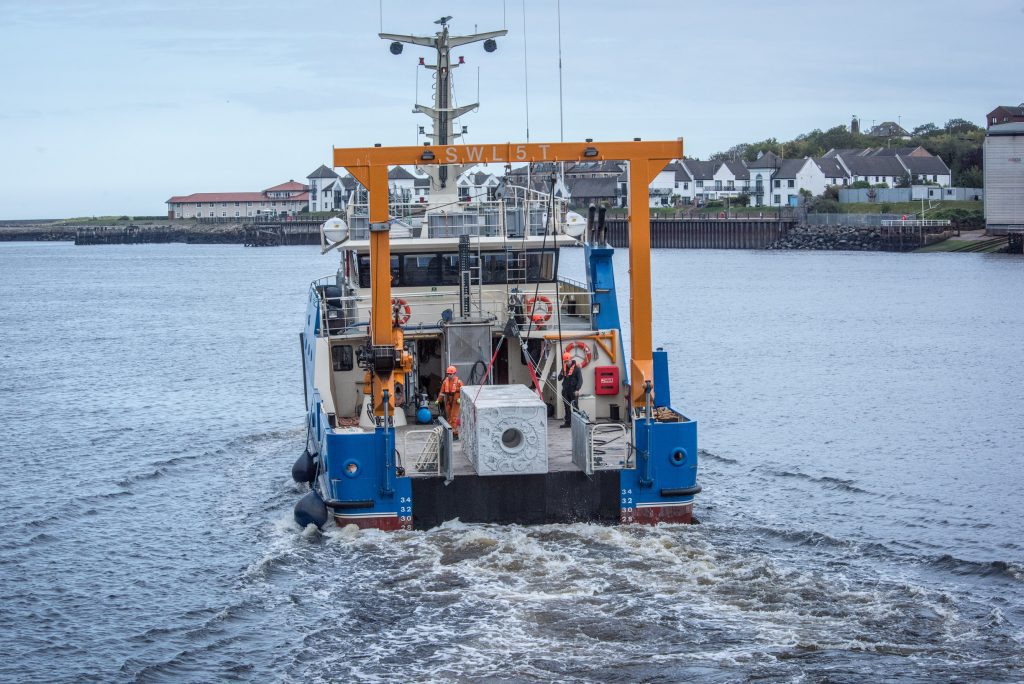
Solution
ARC marine designed and supplied 20 Reef cubes®, eco-engineered concrete modules made from Marine Crete®, a low-carbon, seawater-resistant material containing up to 98% recycled aggregates.
Each 1.5 m, 6 tonne cube features textured ridges, natural surface relief and internal voids to mimic reef structures, providing shelter for oysters, crustaceans, fish and sponges. The Reef cubes® act as permanent anchors, ensuring the developing oyster beds remain stable during storms while creating complex habitat that supports life across the food chain.
Built with a Nature-Inclusive Design (NID) approach, Reef cubes® offer a plastic-free, carbon-neutral solution that enhances biodiversity from day one. Their modular form allows scalable restoration, adaptable to different depths, substrates and species.
By combining ecological restoration with robust engineering, the Wild Oyster Project demonstrates how Reef cubes® can transform exposed coastlines into thriving habitats.
Published Papers & Resources
Full links and related documents can be found in our resources area.
More Projects
related content
FISHERY ENHANCEMENT USING REEF CUBES®, BUILT BY LOCAL PEOPLE FOR LOCAL PEOPLE
View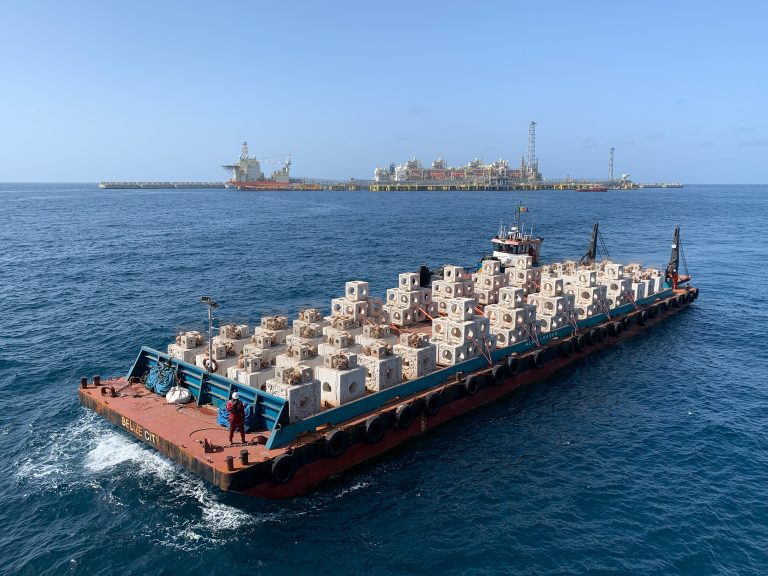
RESP Reef Enhancement for Scour Protection
View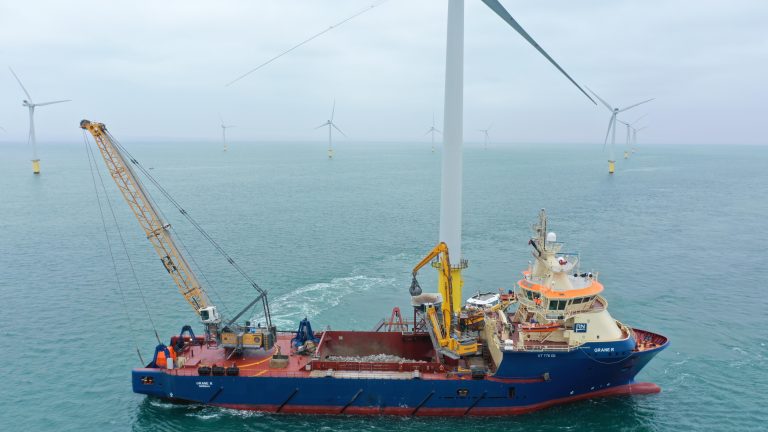
RIB: Reef cubes In a Box
View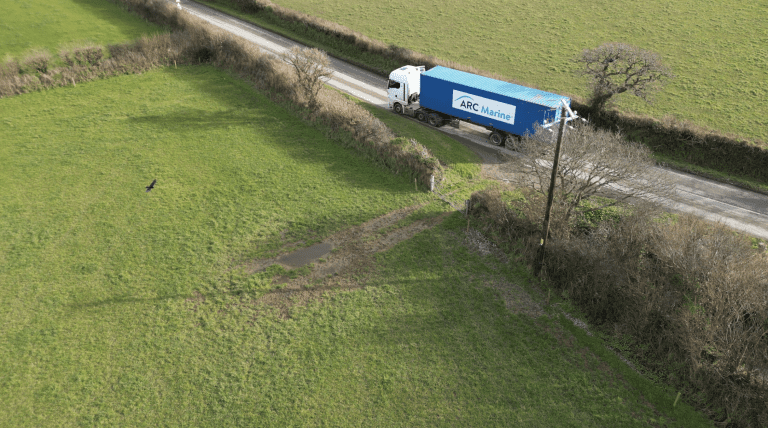
Reducing coastal erosion at Hengistbury Head’s Long Groyne
View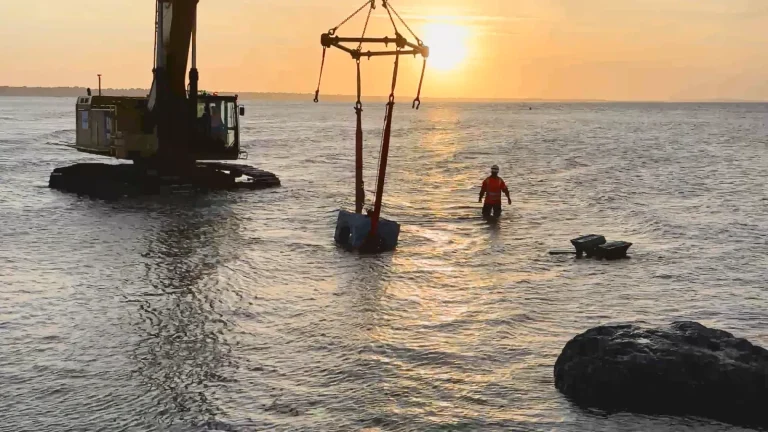
Our Intertidal Reef cubes undergo 5-year study to assess increased biodiversity
View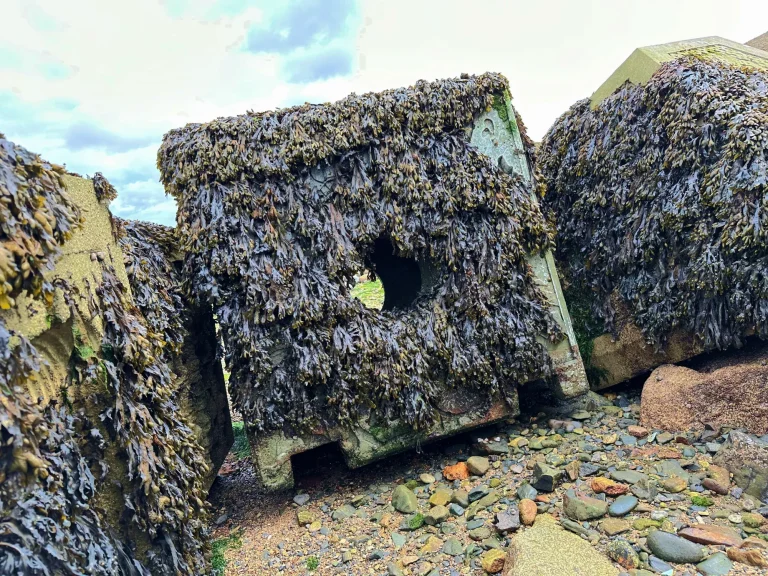
Accelerating Reef creation at UK Aquaculture site in just 12 months
View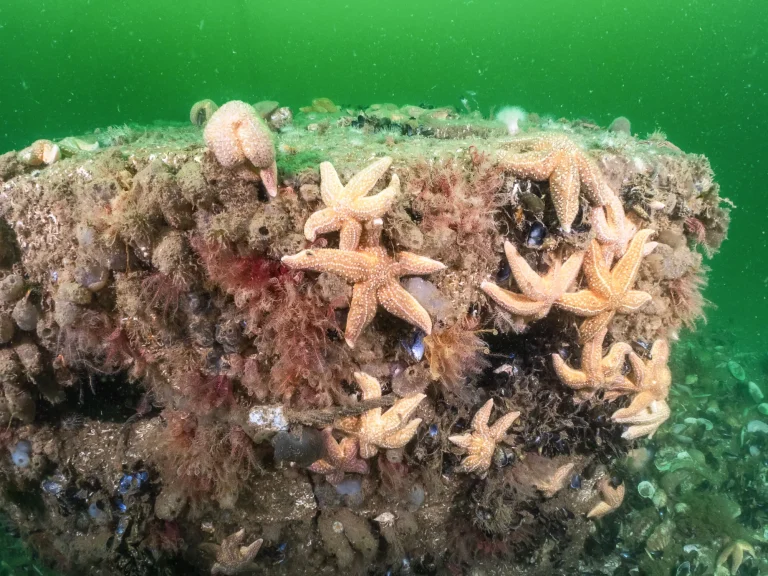
Enhancing biodiversity with nature-inclusive Reef mat installation for NICE
View